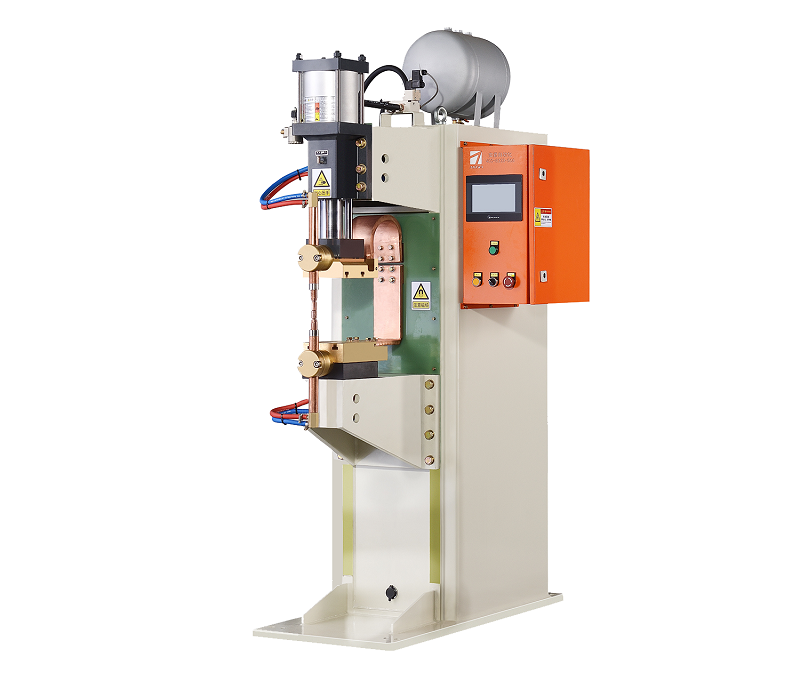Mechanical Performance Testing of Medium Frequency Inverter Spot Welding Machines
Mechanical performance testing is an essential aspect of evaluating the reliability and quality of medium frequency inverter spot welding machines. These tests provide valuable insights into the structural integrity, strength, and durability of the welds produced by the machines. This article focuses on the mechanical performance testing of medium frequency inverter spot welding machines and highlights its significance in ensuring weld quality and machine performance.

- Tensile Strength Test: The tensile strength test is conducted to assess the maximum load-bearing capacity of spot welds. Test specimens, typically in the form of welded joints, are subjected to tensile forces until failure occurs. The applied force and resulting deformation are measured, and the ultimate tensile strength, yield strength, and elongation at break are determined. These parameters help evaluate the weld’s strength and its ability to withstand mechanical loads.
- Shear Strength Test: The shear strength test measures the resistance of spot welds to shearing forces. It involves applying a force parallel to the weld interface until failure occurs. The applied force and resulting displacement are recorded to determine the maximum shear strength of the weld. This test is crucial for assessing the weld’s structural integrity and its resistance to shear stress.
- Fatigue Strength Test: The fatigue strength test evaluates the weld’s endurance under repeated loading and unloading cycles. Specimens with spot welds are subjected to cyclic stress at varying amplitudes and frequencies. The number of cycles required for failure to occur is recorded, and the fatigue life of the weld is determined. This test helps assess the weld’s durability and its resistance to fatigue failure.
- Bend Test: The bend test is performed to evaluate the weld’s ductility and its ability to withstand deformation. Welded specimens are subjected to bending forces, either in a guided or free bend configuration. The deformation characteristics, such as cracking, elongation, and the presence of defects, are observed. This test provides insights into the weld’s flexibility and its ability to endure bending stresses.
- Impact Test: The impact test measures the weld’s ability to withstand sudden and dynamic loads. Specimens are subjected to high-velocity impacts using a pendulum or falling weight. The energy absorbed during fracture and the resulting notch toughness are evaluated. This test helps assess the weld’s resistance to brittle fracture and its performance under impact loading conditions.
Mechanical performance testing plays a crucial role in assessing the quality and reliability of medium frequency inverter spot welding machines. Through tests such as tensile strength, shear strength, fatigue strength, bend test, and impact test, the mechanical properties and performance of spot welds can be evaluated. These tests provide valuable insights into the weld’s strength, durability, ductility, and resistance to various types of mechanical loads. By conducting comprehensive mechanical performance testing, manufacturers can ensure that their spot welding machines produce welds that meet the required mechanical standards and specifications.